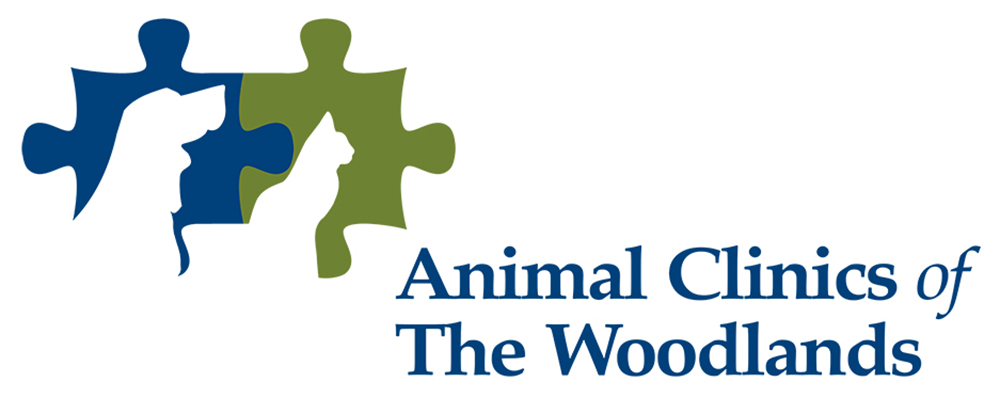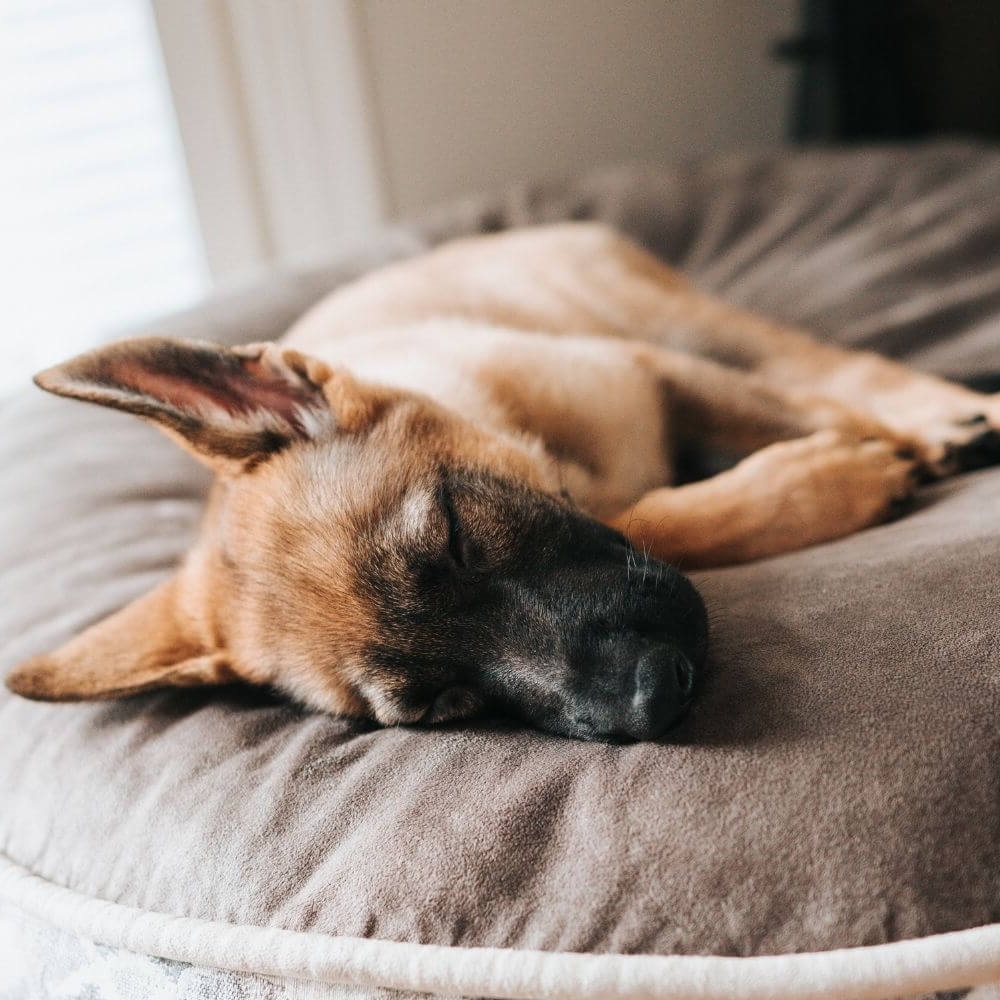Veterinarian Service
Pet Surgery
Learn more about our pet surgery services below.
Pet Surgery
From spays and neuters to more complex surgeries, our veterinarians offer the best care and technology to ensure your pet’s comfort and safety.
Pet Surgery
The surgery center at our veterinary clinic located at Alden Bridge is equipped with the latest in advanced surgical technology. We follow the strictest protocols to ensure your pet’s safety and well-being. Our highly trained doctors and medical staff are capable of performing routine surgeries like spays and neuters in addition to more complex surgical procedures.
Types Of Pet Surgeries Performed | Veterinary Clinic
Our Animal Clinic at Alden Bridge is equipped with the latest technology and staffed with the best vets and vet tech staff in The Woodlands. We perform the following pet surgeries at our pet clinic:
- Spay
- Neuter
- Soft tissue surgery: lump/mass removals, foreign object removals, splenectomy, pyometra, laceration repair, aural hematoma, entropion correction, and more
- Orthopedic surgery: done on a case-by-case basis. We utilize a Board Certified Small Animal Surgery veterinarian that can come to our Alden Bridge location.
- Dental cleanings and surgery
What To Expect When Your Pet Needs Surgery
When you make the decision to have your pet undergo surgery, we know there are many emotions that you may experience – and we want peace of mind to be one of them! For this reason, we would like to explain the steps that we take before, during, and after surgery to ensure your pet’s comfort and safety.
Prior To Surgery
Prior to surgery, each pet receives pre-operative lab work to check for any underlying medical conditions that could affect the surgery.
Day of Surgery
Each pet will be given a pre-medication to relax them and start the pain control process on the day of surgery. The pre-medication is specifically chosen for them based on age, breed, medical condition(s), and the surgery being performed.
A catheter is placed for induction medication to be administered, and an endotracheal tube is placed to maintain access to an airway throughout the entire procedure and allow oxygen and inhalant anesthesia to be provided. IV catheters are used to administer IV fluids and a constant rate infusion of pain medications during surgery. The IV fluids promote hydration and support the pet throughout surgery, while the CRI of pain medication ensures the pet experiences no pain and allows less inhalant anesthesia to be used. The placement of an IV catheter also allows the quick administration of medications to be given should an emergency arise during surgery.
During surgery, each pet is supported with a BAIR hugger for heat support and is monitored by the veterinarian along with a highly trained technician. Heart rate, blood pressure, CO2, core body temperature, and blood oxygen levels are monitored throughout each procedure.
After Surgery
Post-surgery, each pet maintains their endotracheal tube until they are able to swallow. They are monitored for several hours after surgery to ensure a smooth, safe, and pain-free recovery. If needed, additional pain and/or medications are provided.
Discharging a Patient
At discharge, each owner will be provided with detailed discharge instructions specific to the procedure performed. Pain and other medications will be sent home with each pet depending on their individual needs, with detailed instructions. We invite any and all questions to ensure the best recovery and transition back home.
*Cats that are de-clawed will stay overnight for additional monitoring. In some cases, it may be deemed necessary for pets with other procedures to stay overnight as well.
Should a pet benefit from more in-depth pain management or rehabilitation after surgery, we encourage them to consider visiting our Center for Pain Management and Rehabilitation Center at Indian Springs.

